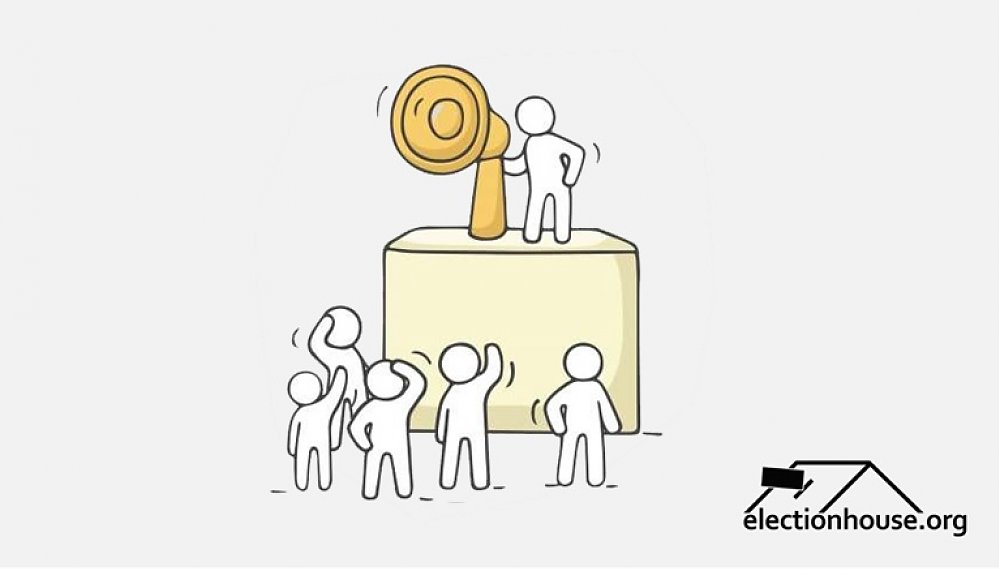Presidium of Mafindo, Puji F Susanti, stated that ethnic, religious, racial and inter-groups disinformation remains a threat in the 2024 Elections. It is important for the public as voters to gain understanding to be able to recognize disinformation or hoaxes. Action against hoaxes (debunking) must include conditioning against hoaxes (pre-bunking), as well as simultaneous efforts between prevention and treatment in overcoming disease.
"Prebunking is our effort to inoculate the public, to help them understand the spread of hoaxes so that we can be vigilant," explained Puji during the "Prebunking Disinformation Training for Elections" organized by the Association for Elections and Democracy (Perludem) in Bogor City, West Java (8/28).
She gave examples of several hoaxes related to the 2024 Elections that have started spreading in the community. On Twitter, there were even hoaxes about the Indonesian Communist Party (PKI) allocating IDR 5 trillion to ensure Jokowi's third term. This is an example of hoaxes falling under the category of misleading content.
Puji added that hoaxes cannot be effectively addressed solely through debunking, which involves exposing existing hoaxes through fact-checking. Through collaboration between institutions, pre-bunking efforts can serve as a guide for the public in receiving information about the 2024 Elections.
“The role of election institutions and civil society organizations is crucial because hoaxes and hate speech pose a risk of dividing society and fostering distrust," she said.
There are three categories that form the basis of ethnic, religious, racial, and inter-group disinformation narratives. First, it is based on ideologies, such as anti-communism/PKI. Second, it is based on ethnicity/racism, for example, anti-Chinese or anti-Arab sentiments. Third, it is based on religion/beliefs.
Furthermore, Puji stated that these three bases of ethnic, religious, racial, and inter-group disinformation narratives can be identified in the negative narrative type. This includes attacking backgrounds or campaign promises, semi-defending of injustice, jokes, and using satire/sarcasm/memes.
"The targets of misinformation and disinformation always aim to evoke emotions: to scare, win contests fraudulently, sow distrust, create uncertainty, foster hate speech, racism, and even potentially lead to chaos, as seen in the riots on May 21-22, 2019, following the announcement of the presidential election results," Puji concluded.
[] NUR AZIZAH
Translated by Catherine Natalia











